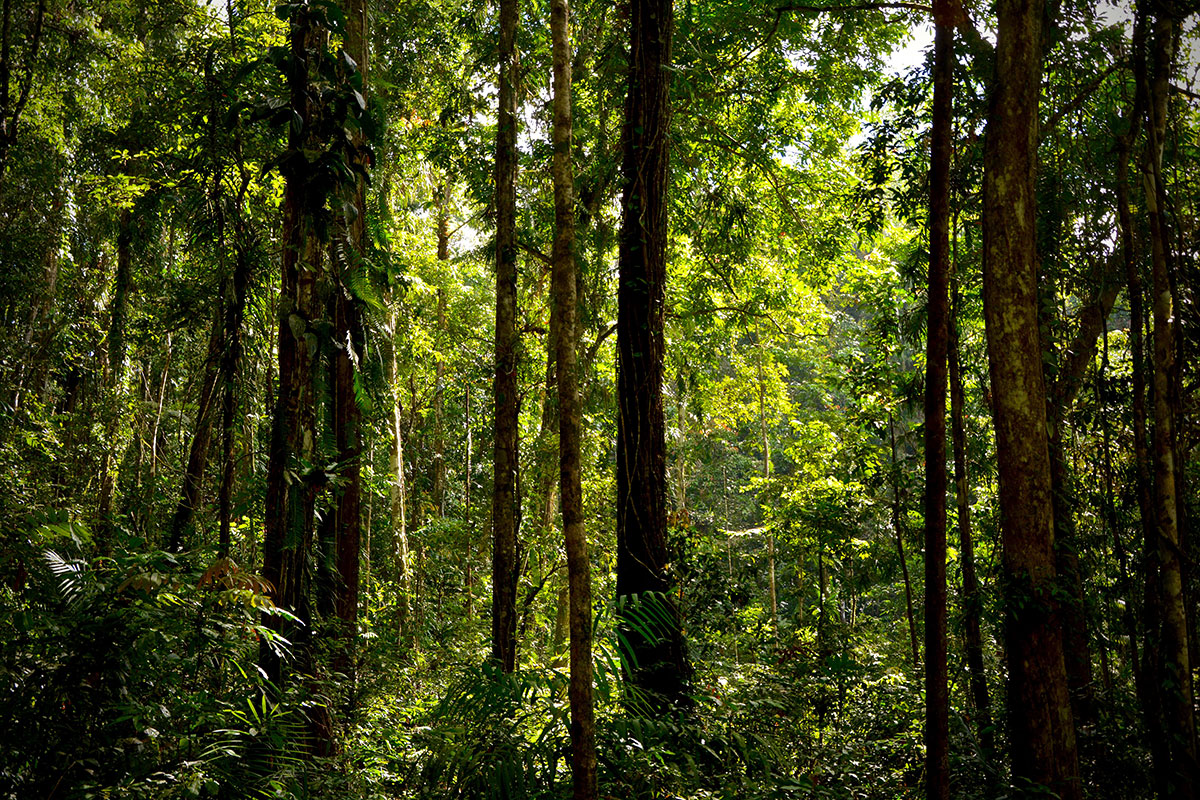- Day 1
-
Panel 1
Promoting high value carbon credit schemesClick for details on panel 1
-
Panel 2
Establishing auditing standards for nature-based solutionsClick for details on panel 2
-
Panel 3
Biodiversity credit methodologiesClick for details on panel 3
-
Panel 4
Examples of private sector funded nature-based projectsClick for details on panel 4
- Day 2
-
Parallel session 1
How is biodiversity net gain working in practice?Click for details on parallel session 1
-
Parallel session 2
How can nature tech and AI help to verify biodiversity impact claims?Click for details on parallel session 2
-
Parallel session 3
Monetizing ecosystem services in agricultureClick for details on parallel session 3
-
Parallel session 4
Meeting carbon and nature targets using insetting and the circular economyClick for details on parallel session 4
-
Parallel session 5
New corporate reporting requirementsClick for details on parallel session 5
-
Parallel session 6
Structuring ecosystem projects for fundingClick for details on parallel session 6
-
Final plenary session
Closing Q&A with selected panellistsClick for details on final parallel session
There is increasing attention being given to refining, scaling up and integrating the biodiversity and carbon credit markets worldwide. This has been a priority at international climate and biodiversity conferences in 2022 and 2023 and most recently at Davos in January 2024.
The Second Annual Conference on Nature-based Solutions using Carbon and Biodiversity Credit Funding will feature interactive panel discussions led by key individuals and organisations working across these fields in the UK and overseas and will preview some of the issues that will feature at the next UN Biodiversity Conference in Colombia.
The objective of this conference is to bring academics, financiers, corporates and policy makers together to identify opportunities for expanding high value nature-based investments. This will enable public and private sector practitioners and policy makers to collaborate in accelerating the implementation of carbon and biodiversity credit schemes worldwide.



Your Host
The University of Lincoln has a commitment to manage and protect the biodiversity assets on our estate which encompasses three campus locations within Lincolnshire. Brayford, which is the city centre host for the conference as well as Riseholme Park just a few miles north of the city and Holbeach in south Lincolnshire. Our Riseholme Park Campus is set in the countryside with grounds that have established woodland and wildlife.
With multiple campus-wide projects, an app for biodiversity alongside strategies and policies to support the University community and wider to positively impact the environment; sustainability is a core part of our business at the University.
We are also proud to be one of the founding universities of the Nature Positive Alliance and are committed to the maintenance and development of its natural spaces, including looking after biodiversity. The Nature Positive Universities Alliance, led by Oxford University and the United Nations Environment Programme (UNEP), is a global network of universities that have made the pledge to work towards a nature-positive goal to halt, prevent and reverse nature loss by addressing their own impacts and restoring ecosystems harmed by their activities.
